
In the latest incident police are calling a hate crime, a group of eight youths in Patchogue shouted ethnic slurs at two Hispanic men coming out of a restaurant on East Main Street, then pushed one of them, police said.The incident was quickly broken up when a passing Patchogue Village code enforcement officer in a marked car did a quick U-turn and pulled over, police said.The youths ran down the street as the officer got out."Our code enforcement officer noticed it . He did exactly what he was supposed to do. He calmed the situation down and notified the Suffolk County Police Department," said Patchogue Mayor Paul Pontieri. "It is very alarming that after the incident of two weeks ago there are still people who have not gotten the message."
On Nov. 8, Marcelo Lucero, a 37-year-old Ecuadorean immigrant, was stabbed to death after he and a friend were attacked. Seven Patchogue-Medford High School students have been charged. Police said the suspects admitted they regularly sought out and attacked Hispanic immigrants. Last night, Suffolk County Executive Steve Levy - who had been criticized for not strongly condemning that killing - said through a spokesman, "If the facts are as presented in this complaint, it is my hope that punishment will be as severe as possible, to insure that this type of menacing is stopped once and for all." The eight people being sought, five men and three women, were described as "young adults" by Det. Sgt. Robert Reecks, commanding officer of the Suffolk Police Hate Crimes Unit. Reecks said the attack was considered aggravated harassment as a hate crime. The two victims, who were uninjured, were taken to the Fifth Precinct, where they were interviewed and signed complaints, Reecks said. Reecks is asking anyone who may have seen the incident to call the Hate Crimes Unit . Lucero's killing, and reports of other attacks against Hispanics, have set the Latino community on edge, and led to protests by people of all races in Suffolk. The county has also been the target of criticism from people as far away as Ecuador, where a lawyer representing the Ecuador consul-general's office, Gerardo Mejía, said Suffolk was rife with racism. The Rev. Allan B. Ramirez of the Brookville Reformed Church, an immigrant activist, said last night he had heard about the latest incident while visiting Patchogue yesterday, and added that he was appalled by it, but not surprised.



































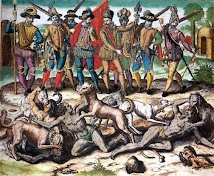

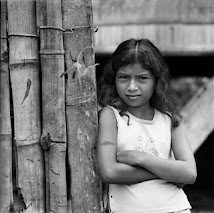

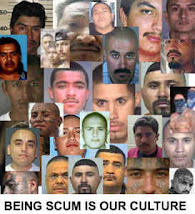.jpg)




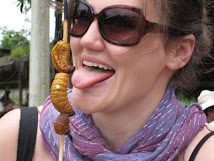

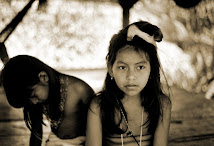.jpg)






